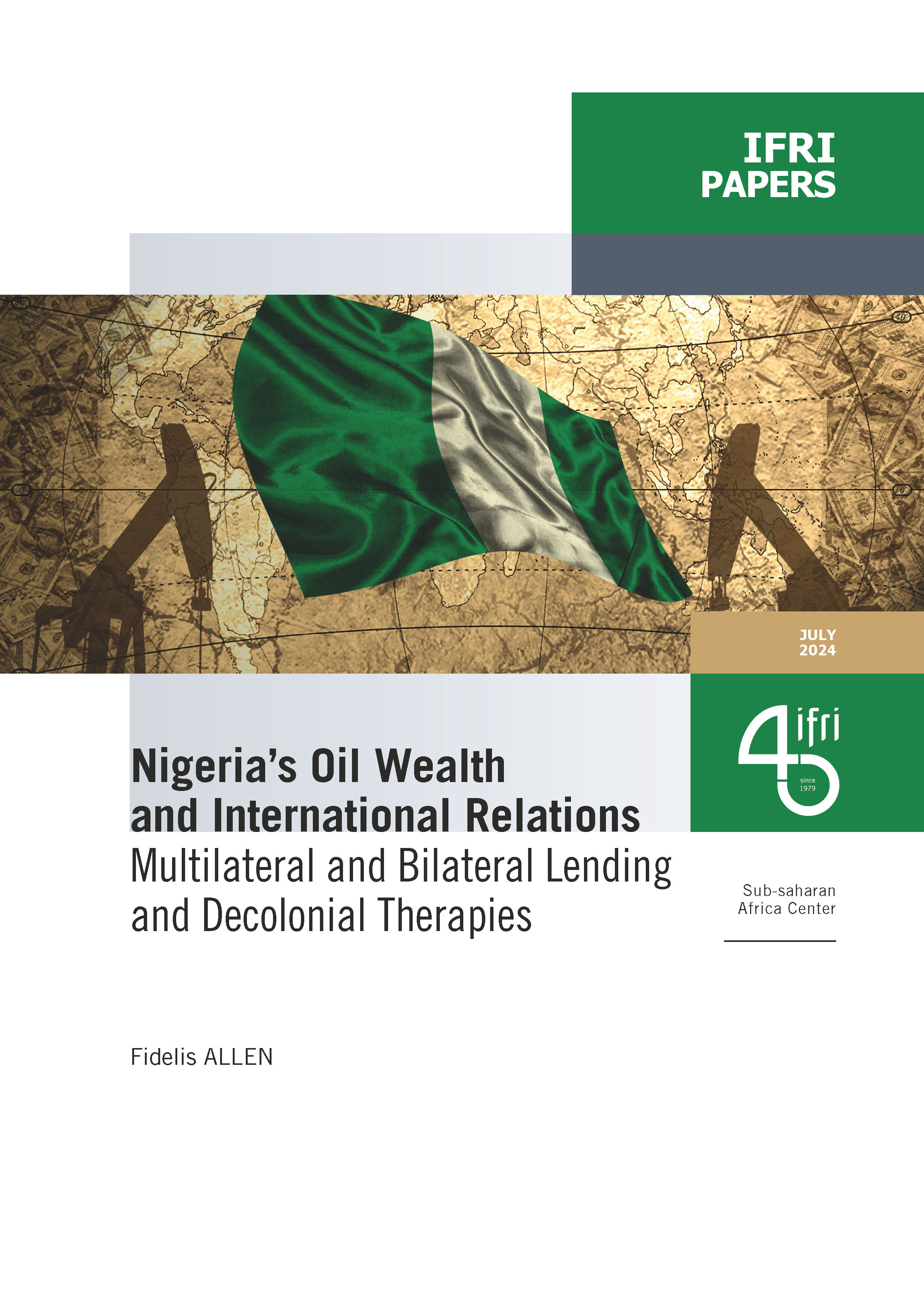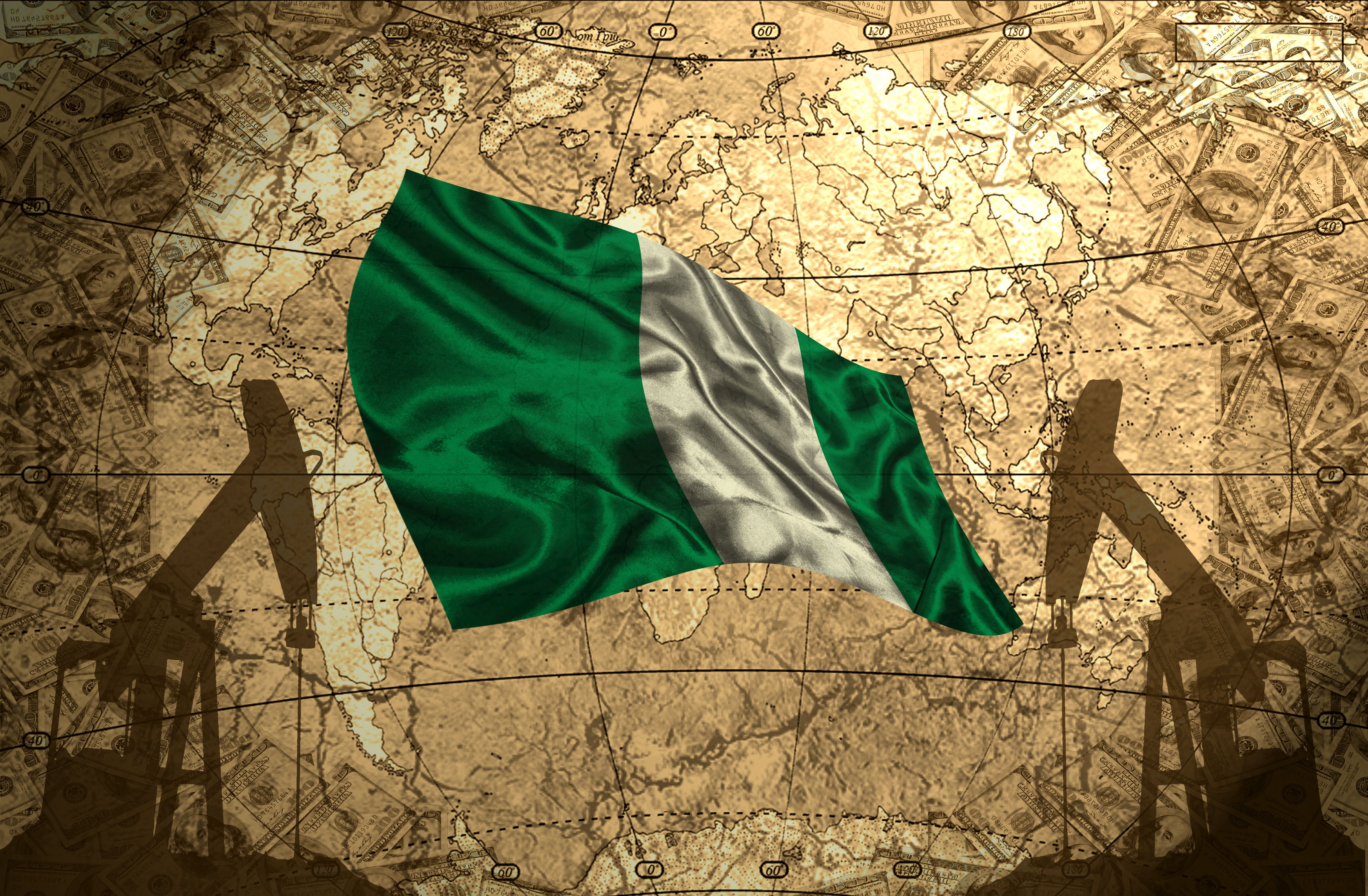Nigeria’s Oil Wealth and International Relations: Multilateral and Bilateral Lending and Decolonial Therapies

Before Angola surpassed Nigeria as Africa’s top oil producer in April 2023, Nigeria was Africa’s main oil exporter even before the country gained independence in 1960.

Exploratory activities for oil started before World War I and only paused during the war years. British Shell-BP, previously Shell’s Diarcy, held the exclusive license for oil prospecting in the country and became the first company to discover the commodity in commercial quantities in 1957. Nigeria recorded its first oil consignment in 1958 and launched itself into the global arena as an oil-producing country. Prior to the country’s independence in October 1960, other multinational oil companies were also granted licenses to explore oil in the country. There is no reliable data on the total amount of revenue Nigeria has gained from oil extraction since the industry began exporting the commodity – but some estimate that it amounts to several billions of dollars.[1] The sector now accounts for 65 percent (%) of the country’s revenues and 85% of its total exports.
The oil industry in Nigeria has a long history of involvement with international politics, reflecting the country’s colonial roots. The sector has been driven by international capital since its inception, with investment in the colonial state being a key factor. The colonization of Nigeria began in the late 19th century with the arrival of British traders and missionaries. Originally a small coastal town, Lagos became a British colony in 1861. In 1914, the British consolidated their control over the entire region by merging the Northern and Southern protectorates to form the colony and protectorate of Nigeria. British colonial rule in Nigeria lasted from 1861 to 1960 when Nigeria gained independence.[2] The country was significantly influenced by British political, economic, and social control during this period, which was marked by events, such as the imposition of British law and governance structures, the exploitation of natural resources, and the establishment of indirect rule in which traditional leaders were co-opted to help administer the colony. As a result, the country of Nigeria was affected by colonization, which influenced its socioeconomic, political, and economic structures. Specifically, the control of the global credit system by advanced countries of the West has had implications for the role of oil in the country’s international relations and access to fair and equitable borrowing.[3]
This reflects Nigeria’s oil wealth’s role in international relations, both in terms of its effects on domestic politics and with multilateral and bilateral lenders.[4] The paper is divided into five sections. After discussing how oil relates to international relations, I will discuss Nigeria’s oil wealth and its impact on socio-economic development. I will then assess the effects of oil on the country’s relationship with bilateral and multilateral lenders and finally argue how the decolonization of the oil industry in Nigeria is a solution to its current shortcomings.
[1]. D. O. Olanyundbo, “Effects Of Oil Export Revenue on Economic Growth in Nigeria: A Time Varying Analysis of Resource Curse”, Resource Policy, Vol. 64, December 2019.
[2]. P. P. Ekeh, “Colonialism and the Two Publics in Africa: A Theoretical Statement”, Comparative Studies in Society and History, Vol. 17, No. 1, 1975, pp. 91-112.
[3]. O. G. Adekola, “New Perspectives to Nigeria’s Foreign Policy Towards China”, IOSR Journal of Humanities and Social Science, Vol. 6, No. 5, available at: https://doi.org; G. P. Atsiya and M. Tenuche, “Nigeria-China Economic Relations and Development in Africa, 2006-2016”, Journal of African Foreign Affairs, Vol. 6, No. 2, pp. 101-121, available at: www.jstor.org.
[4]. I. Taylor, “Chinese Interest in Nigeria’s Oil and the American Context”, Canadian Journal of African Studies/Revue Canadienne des Études Africaines, Vol. 48, No. 3, pp. 391-404, available at: www.jstor.org.

Available in:
Regions and themes
ISBN / ISSN
Share
Download the full analysis
This page contains only a summary of our work. If you would like to have access to all the information from our research on the subject, you can download the full version in PDF format.
Nigeria’s Oil Wealth and International Relations: Multilateral and Bilateral Lending and Decolonial Therapies
Related centers and programs
Discover our other research centers and programsFind out more
Discover all our analysesGabon: Has an — Almost — Exemplary Transition Produced a New Political Model?
In two rounds of voting, on September 27 and October 11, 2025, the citizens of Gabon elected the members of both their local councils and the new national assembly. This marked almost the final stage of political transition, little more than two years after the coup d’état that had overthrown the more than five decades old dynastic regime of the Bongos — Omar, the father, who died in office in 2009, and then his son Ali, who is now in exile.
Claiming "The People": Youth Booms, Ailing Authoritarians and "Populist" Politics in Kenya, Uganda, and Tanzania
This study analyses the emergence of so-called “populist” political tendencies in three East African countries: Kenya, Uganda and Tanzania. It builds its analysis on a wider discussion of the term “populism”, its use and applicability in (eastern) African settings before going on to examine the drivers of three cases of populism: William Ruto’s 2022 election victory in Kenya and the “Hustler Nation”; Bobi Wine’s opposition to Yoweri Museveni in Uganda; and John Magufuli highly personal style of government in Tanzania.
The Contradictory Impacts of Western Sanctions on Economic Relations between Russia and Sub-Saharan Africa
How does Russia maintain economic ties with Africa despite Western sanctions? An analysis of investments, trade, and the circumvention strategies deployed by Moscow.
The Revenue Sources Sustaining Sudan’s Civil War. Lessons for the year 2023
Wars require money and resources, and often, most conflicts involve controlling sources of income and supply lines or denying them to enemies. This has been the case in Sudan’s past conflicts and is again as the civil war—between the Sudan Armed Forces (SAF), commanded by General Abdelfattah al-Burhan, and the paramilitary Rapid Support Forces (RSF), commanded by General Mohammed Hamdan Daglo “Hemedti” —has sunk into a protracted conflict.










